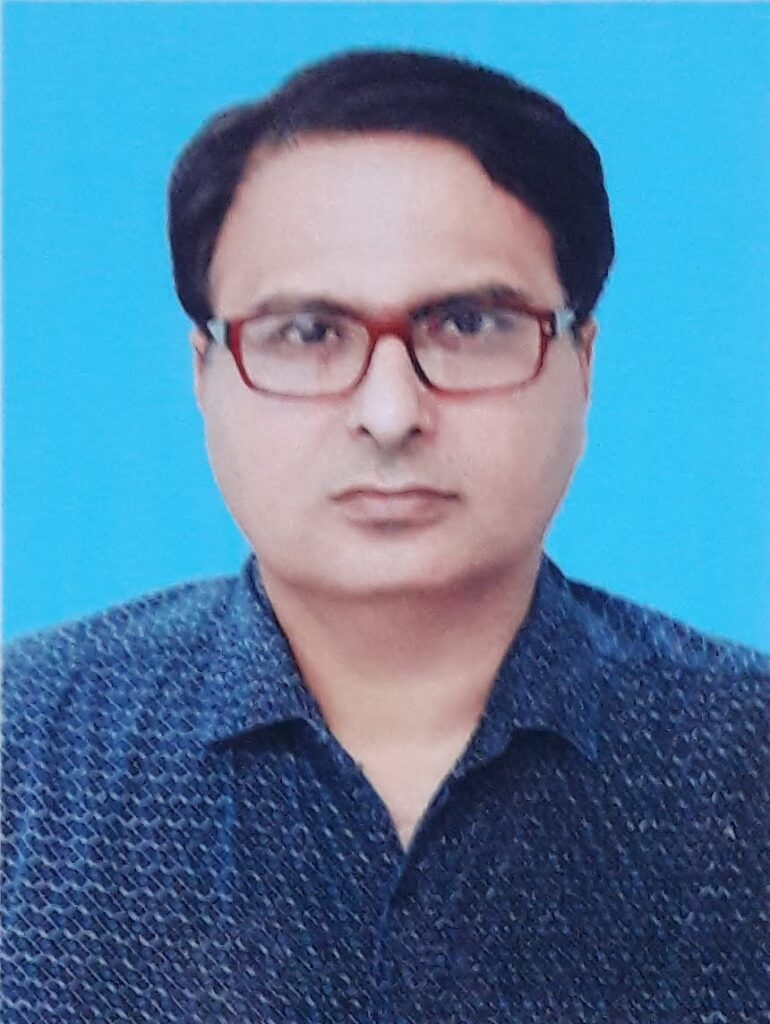
By Majid Maqsood
In the lead-up to the 2024 elections, Pakistan’s political landscape appeared poised for a dramatic shift. Nawaz Sharif, once a formidable political force, returned to the country with the promise of reclaiming his influence. Given state protocol upon his return, all legal cases against him were dismissed, seemingly clearing his path to the Prime Minister’s office. Meanwhile, the primary opposition party, Pakistan Tehreek-e-Insaf (PTI), led by Imran Khan, faced severe state repression. The party’s leader and several second-tier leaders were arrested, and the PTI symbol was revoked, effectively crippling its electoral prospects. However, contrary to the expectations set by the establishment, various survey reports suggested that the Pakistan Muslim League-Nawaz (PML-N) struggled to secure even a simple majority. Neutral columnists and political pundits had warned that the orchestrated election setup would not restore political stability. These predictions seemed prescient as the election results began to unfold.
On Election Day, initial results shocked the establishment. Despite the extensive crackdown, PTI led in most seats in Khyber Pakhtunkhwa (KPK) and Punjab. Even in central Punjab, a stronghold of the Nawaz League, PTI outperformed expectations. Suddenly, the results were halted. When the results resumed, PML-N candidates who had been trailing emerged as winners. Forms 45 and 47, essential for vote tallying, showed significant discrepancies, leading to widespread allegations of rigging. In Karachi, the Muttahida Qaumi Movement-Pakistan (MQM-P), initially losing all seats, astonishingly won 15. This unexpected victory baffled even the winning candidates. Hafiz Naeem-ur-Rehman, leader of Jamaat-e-Islami, refused to accept his declared victory, citing implausible results. Despite these efforts, PML-N failed to secure a simple majority. Consequently, Nawaz Sharif nominated his brother, Shahbaz Sharif, for the Prime Ministerial position, leveraging his experience with coalition governments.
The newly formed government, supported by the Pakistan People’s Party (PPP) but facing a formidable PTI opposition, struggled to maintain political stability. Daily protests inside and outside the National Assembly underscored deep divisions and dissatisfaction with the electoral process. The judiciary, too, found itself embroiled in the crisis. Six Supreme Court judges wrote to the Chief Justice of Pakistan, alleging interference from security agencies in judicial decisions. Islamabad High Court judge Sattar Babar publicly claimed that high-ranking security officials pressured him to withdraw a case concerning agency interference, escalating the judicial crisis. Prominent figures like Senator Faisal Vawda and Mustafa Kamal criticized the judiciary in press conferences, leading the Supreme Court to summon them to explain their allegations. These developments suggest a severe confrontation between state institutions.
The escalating tensions among political entities, security agencies, and the judiciary portend a volatile period ahead. The entrenched egos within the hybrid government exacerbate the situation, with little indication of willingness to compromise. This political instability is deeply intertwined with Pakistan’s economic woes. Historical inflation rates have already strained the populace, and without political stability, economic recovery remains a distant dream. The PTI’s surprising performance in the elections, despite severe repression, reflects a significant disconnect between the establishment’s narrative and public sentiment. The sudden halting of results and subsequent controversial victories for PML-N candidates have severely undermined the credibility of the electoral process. This perceived manipulation has fueled public unrest and provided PTI with a potent rallying point against the government.
Shahbaz Sharif’s experience with coalition partners during his tenure in the Pakistan Democratic Movement (PDM) government is now being tested to its limits. The support from PPP is not unconditional, and internal fractures within the coalition further weaken the government’s position. The lack of a clear majority forces Shahbaz Sharif to constantly negotiate and compromise, preventing decisive governance. The judiciary’s confrontation with security agencies represents another critical dimension of the crisis. Judicial independence is a cornerstone of democratic governance, and any perceived or actual interference from security agencies undermines this principle. The allegations made by Judge Sattar Babar and the subsequent actions by the Supreme Court highlight a judiciary striving to assert its autonomy. The involvement of public figures like Faisal Vawda and Mustafa Kamal, perceived to have backing from powerful quarters, indicates a broader strategy to discredit and control the judiciary.
This institutional clash has far-reaching implications. It threatens the balance of power and could lead to a constitutional crisis. The judiciary’s firm stance against interference is crucial for maintaining checks and balances, but it also risks provoking a backlash from powerful security establishments. In this fraught environment, the prospects for political and economic stability in Pakistan appear grim. The entrenched positions of the various stakeholders, coupled with an unwillingness to engage in meaningful dialogue, exacerbate the crisis. The hybrid government’s high-handed approach and the opposition’s relentless protests create a cycle of instability that is detrimental to the country’s governance and development.
The path to stability requires a multifaceted approach. Firstly, a transparent investigation into the election irregularities is essential to restore public confidence in the democratic process. This should be accompanied by meaningful electoral reforms to prevent future manipulations. Secondly, the government and opposition need to engage in constructive dialogue to address the underlying issues and find common ground. Political leaders must prioritize national interest over personal and party ambitions. Lastly, the independence of the judiciary must be safeguarded. This requires not only protecting judges from external pressures but also ensuring that judicial decisions are respected and implemented. The role of the media and civil society is also crucial in holding institutions accountable and advocating for democratic norms.



